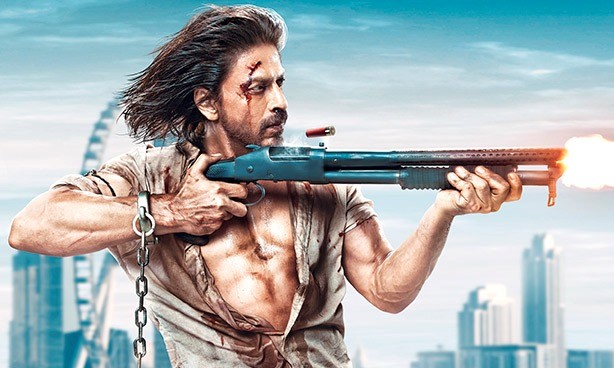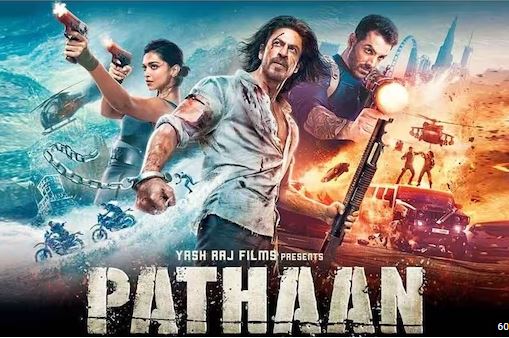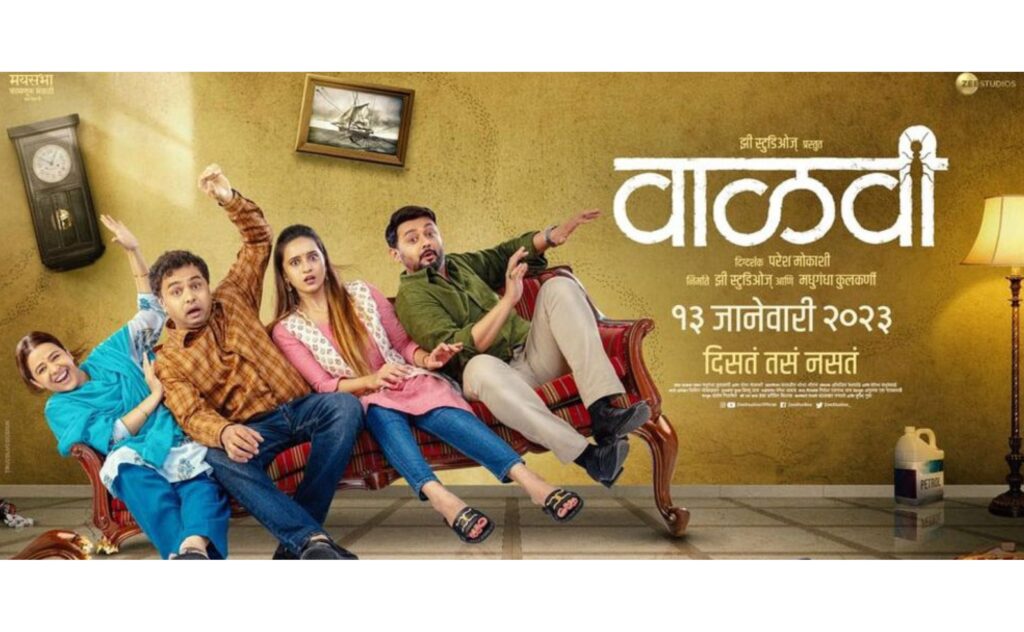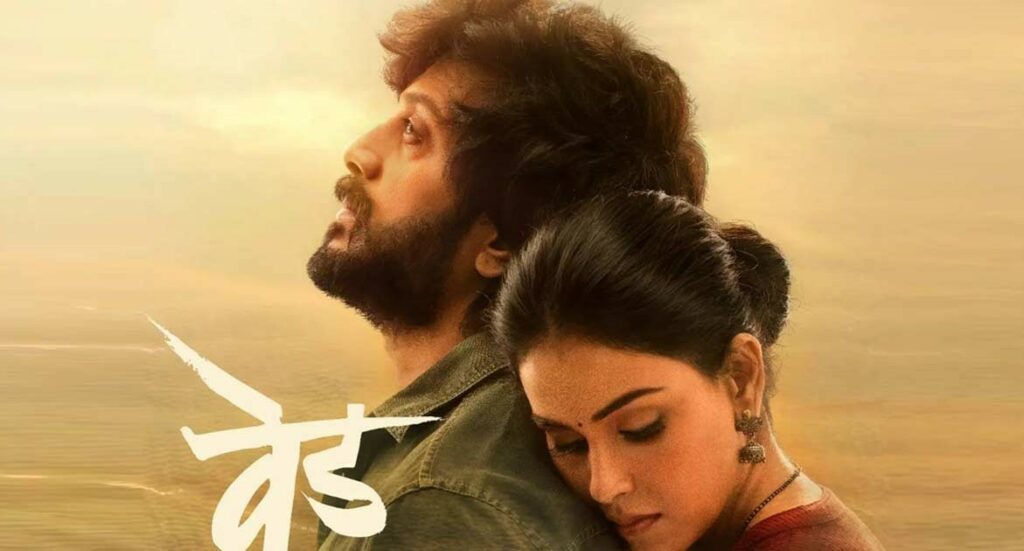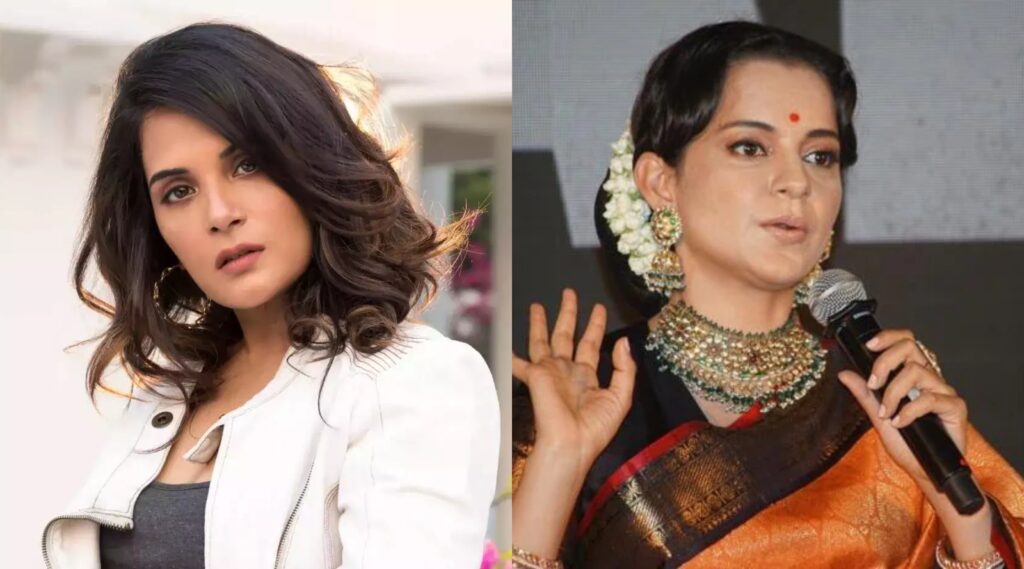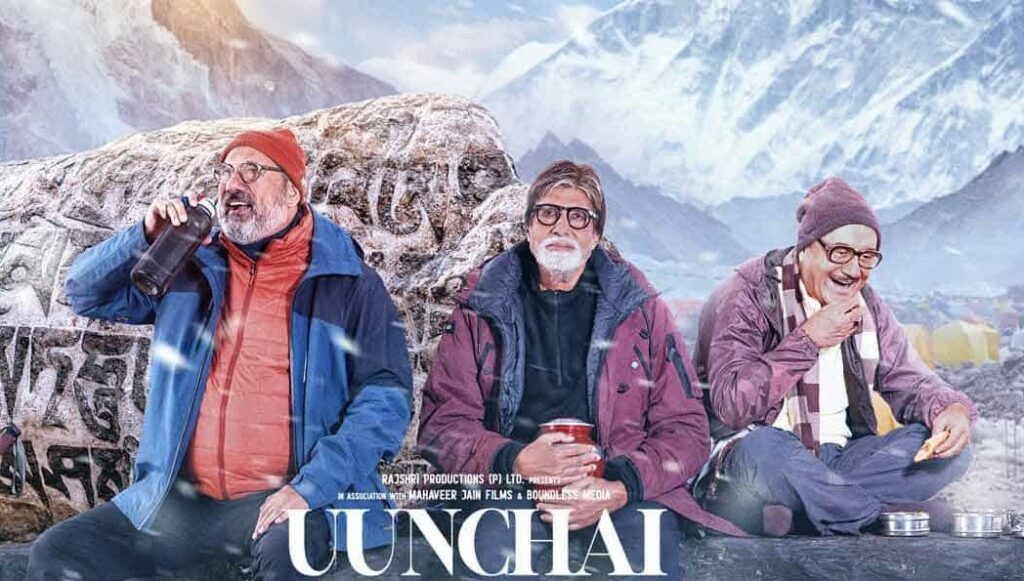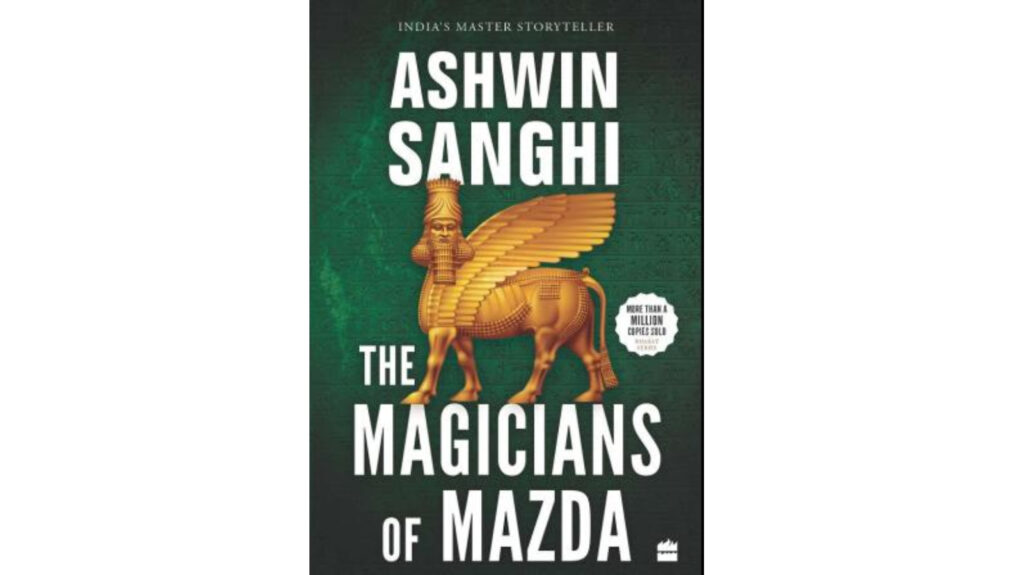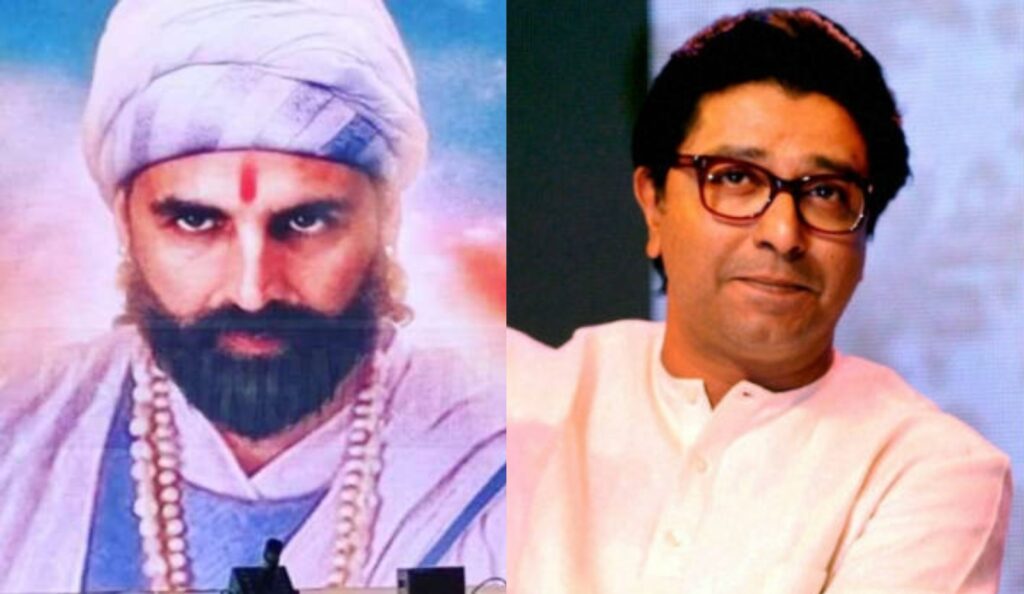Shah Rukh Khan-starrer action entertainer Pathaan opened to a mammoth Rs 57 crore at the box office on its opening day. It broke the record for the highest opening for a Hindi film and that too on a non-holiday. The movie is expected to do the same today. The Siddharth Anand directorial venture, which also stars John Abraham and Deepika Padukone, badly needed this not just to revive Bollywood but also to mark an explosive comeback for SRK.
Pathaan has a usual good vs evil story, where you very well know who would win in the end. But along with the bad guys, Pathaan has also defeated the morale of the Boycott Gang. And what a day to choose to do this by the common citizens. Right on the eve of the Republic Day!
For those not in the know, these are the people from the IT cell of the ruling party who spread toxic campaigns. They are against any film who they think is insulting their religion, in this case through the colour of the bikini in the ‘Besharam Rang’ song, or if the main actor happens to be a Muslim, more so the latter. In the case of Pathaan, the title of the film was also objectionable to them since it’s an identity of someone from the same religion.
They also go up in arms against anyone who gives a statement that they consider is ‘anti-national’ in nature. It’s a different story that these are the same people who don’t react at all when Kangana Rananut says something like, “The independence India got in 1947 was bheekh,” because she is the die-hard supporter of their party. It is the party affiliation that matters for them, not the country.
The IT Cell went into action months in advance to share hateful posts, memes and articles against Pathaan, like they do for other films. This also includes spreading fake news and statements that the people associated with the film never made. Unfortunately, the IT Cell isn’t the only ones to carry out these activities. A large number of common citizens too have got involved in such antics in recent years; some of them are even close to us.
Hence, the case of Pathaan is not just limited to a film. It’s a much broader issue of mindless hate being spread in the country. This can also be seen from the fact that even senior politicians and ministers have been targeting the movie, indicating how big the campaign was (I know the PM asked them to stop much later).
So, the earth-shattering box office numbers the film has garnered are also moral slap on the hate that has been continuously spread in the country. This also proves wrong the claim of the IT Cell and their supporters that Laal Singh Chaddha became a flop because of their boycott campaign. The film didn’t work because people didn’t like it. If boycott calls were so serious, films like Brahmastra: Part One: Shiva and, more so, Pathaan wouldn’t have attracted such large number of people.
The issue of Pathaan brings back memories of a similar hate campaign against the 2010 SRK movie My Name Is Khan by another party. The actor didn’t bow down to their demands then and he did the same now. Both the films ran smoothly without changing the title or the identity of the protagonist.
From here onwards, the boycott calls for films lined up for release in the future won’t have the same effect or reaction as it would bring back memories of their fiasco during Pathaan. Instead, these calls would become laughable from now on.
But the boycott campaigners won’t sit quiet. They are paid professionals, after all. Their first reaction to their massive defeat by Pathaan will be that these box office numbers are fake, just to feel good about themselves.
We all need something to keep us going in life…
Also read: What Aamir Khan said about Shivling & why is his film boycotted?
